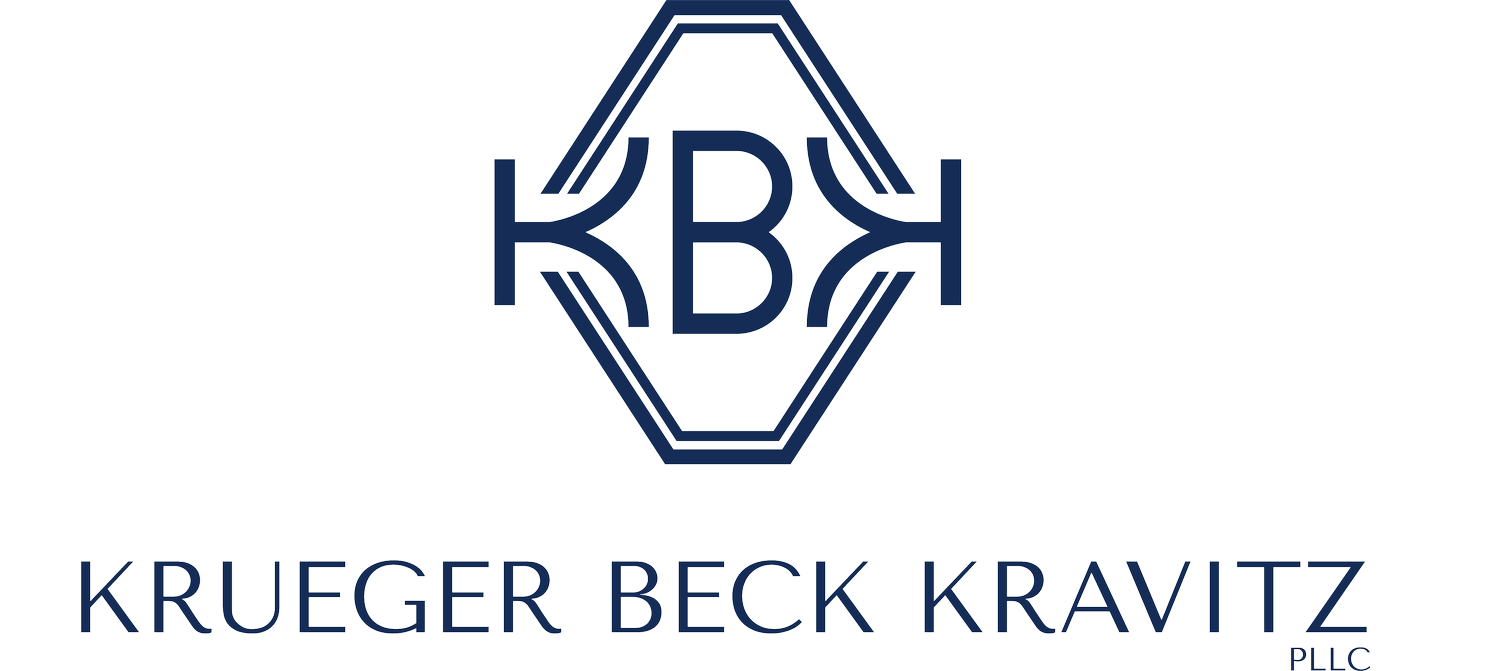Greet Kirkland: Molly Davis
By: Jessica F. Kravitz
Originally published in the March 2025 Issue of Greet Kirkland Magazine, for Women’s History Month - Moving Forward Together: Women Who Inspire, Create, and Give Back.
Molly Davis, Founder and Director of Eastside Dance in Kirkland, has taken the dance community to another level by embracing the notion that dance should be accessible to anyone who chooses it. Eastside Dance brings together dancers of all ages and backgrounds in a safe place where dancers have the freedom to learn from highly skilled teachers all the while letting their own creativity and personalities shine. Inspired dancing happens at Eastside Dance alongside students and teachers who accept each other where they are at; a community is created that nurtures each dancer’s capabilities and being.
Molly’s own dance training took her around the world from her beginning at the Pacific Northwest Ballet to the School of American Ballet in New York City. She studied under the renown Suzanne Farrell, who was George Balanchine’s muse, in Washington, D.C. Her illustrious career even took her to London where she was in the film of a Midsummer Night’s Dream by the British Broadcasting Company. For Molly, dance gave her a “sense of belonging” that she has now come to share with the community in a profound way.
After her time training and performing with the Pacific Northwest Ballet, she went to college at the University of Washington in Seattle, and studied microbiology but also fell in love with business. The university offered an arts nonprofit management course which allowed her an opportunity to explore elevating arts within communities while maintaining a high level of rigor. This opportunity allowed her to pursue and combine business and dance. Molly worked with the UW dance department chair and Foster School of Business to create and develop this area of study into her own major and one that others could pursue as well.
While in college, Molly continued her passion for teaching dance but noticed that sometimes competitive dance lacks inclusion and that there is room for growth and development. She felt like the local community needed a place where anyone can dance regardless of body type and financial circumstance because these ideas are not necessarily commonplace in the world of dance. Molly’s inspired experience in dance and her willingness to contribute to the community in a way that breaks barriers for those who want to explore dance, led her to her next step in her dance career.
After doing her own research on the dance landscape in the area, against the better judgement of others who tried to dissuade her, Molly established Eastside Dance Studio, during Covid in 2021. She started teaching a few classes in one studio. By the end of her first year, Molly had 200 students, and her adult classes took off. By June 2022, she was making plans for a second studio, adding additional styles like hip-hop, breakdancing, jazz, and tap, alongside the ballet classes. Today she has 4 studios and there will be 700 students on the stage at the 2025 end of year performance.
Inclusivity is at the heart of Eastside Dance and Molly is making great strides in this space. For example, the studio offers tuition assistance and has awarded over $100,00 to students who otherwise would not be able to dance, as well as adaptive dance programs for physical disabilities and neurodivergence. The studio also offers a lobby library for storytelling with over 200 books that showcase the intersection of dance and different cultures, identities, body types and physical abilities. The studio’s heritage curriculum promotes underrepresented groups in dance, taking part in Women’s History Month, Black History Month, Pride Month, and Body Pride Month. Dancers can come together at Eastside Dance and celebrate each other through their artistry and who they are as human beings with varied cultural, social, and personal histories. Eastside Dance takes their students on a journey of self-celebration through the artistry of dance. Molly is quick to say that these changes “take time and aren’t perfect.” Molly says, “we are continuing to learn and work with experts and organizations from around the country on developing our curriculums and programming.”
